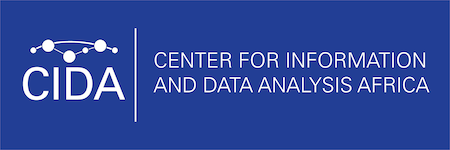In today’s rapidly evolving digital landscape, African civil society organizations (CSOs), journalists, human rights defenders (HRDs), and democracy activists face mounting threats – ranging from cyberattacks, disinformation campaigns, state surveillance, and digital authoritarianism.
We provide data-driven insights, cyber resilience training, and strategic interventions to protect human rights defenders, journalists, and civil society actors from these digital/ online threats.
Digital security
Strengthening cyber resilience for vulnerable groups targeted by cyber threats, surveillance, and online harassment.
Read moreData-Driven Analysis
Leveraging data science, network mapping, and investigative research to uncover extremist narratives, and influence operations.
Read moreOSINT Research
Applying Open Source Intelligence (OSINT) techniques to track online threats, coordinated networks, and digital authoritarian tactics.
Read morePrograms
Are you interested in any of the above focus areas? Or do you need any Support?
Reach Out!Insights
Read our views on the things that matter to you.
Careers
Join us to advance the support we give to HRDs, CSOs and Journalists.
See Open Positions